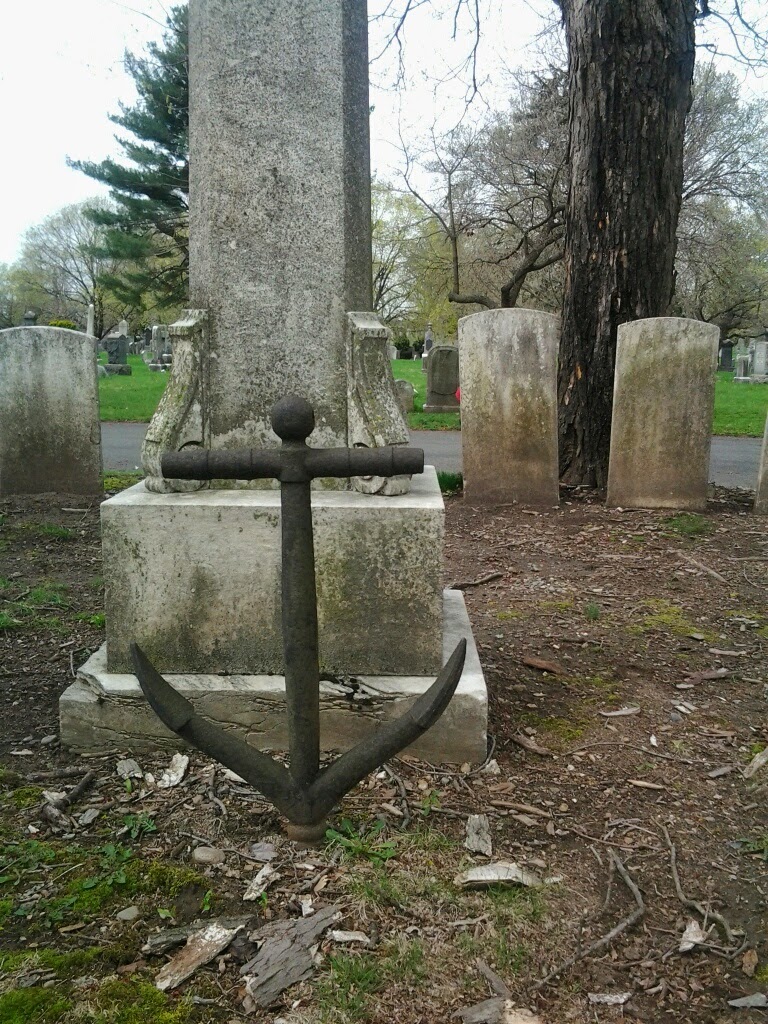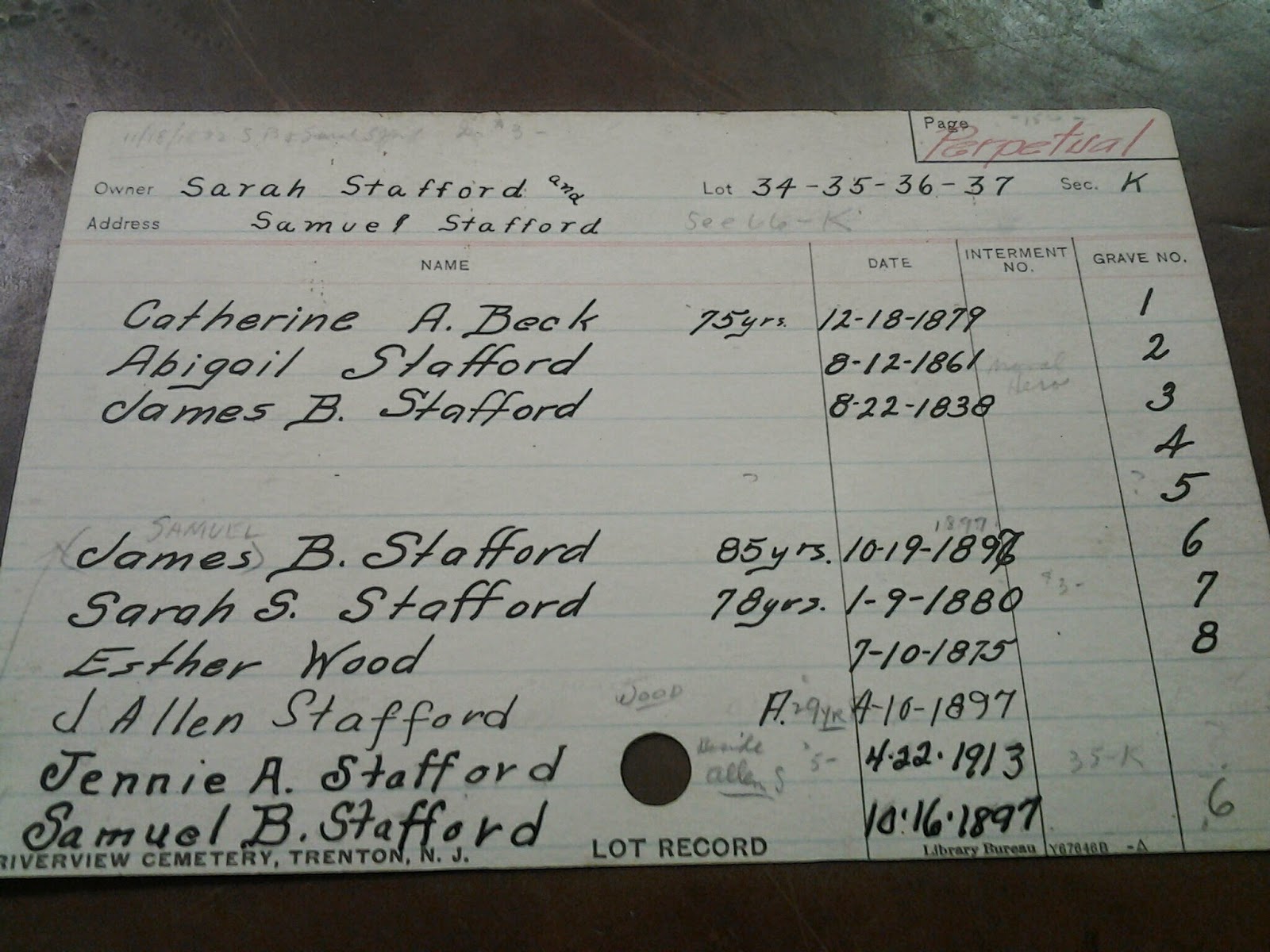The Bar That Began A Crusade
By Michael Capuzzo, Inquirer Staff Writer
POSTED: January 18, 1988
The lunch rush is over at the Moorestown Pub, a
smoky tavern full of stories on Route 73 in Maple Shade.
Flora Handler, 55, the new owner, who says her
remodeled pub reminds her of the TV bar Cheers, "a bunch of characters
sitting around telling stories," is wiping down the grill. Flora's
''characters" - a pipe fitter, a couple of carpet installers, an ex-
prizefighter and a half-dozen other men - are retelling the most famous of the
stories told at the bar by their fathers, Irish and Italian and German laborers
whose sweat built this working-class town.
It's the kind of pub that doesn't forget a birthday,
so last week, with the birthday of the Rev. Dr. Martin Luther King Jr. coming
up (the nation observes his 59th birthday today), everybody recalled the Sunday
evening in 1950 when the young Martin Luther King Jr. pulled up to the
roadhouse in an automobile, went in and tried to order a beer. What the
bartender served him instead, this small town remembers as its big moment in
history.
"Yep," says the old prizefighter, draining
a Bud, "ol' Ernie Nichols got his gun."
"You sure who got the gun, King or Ernie?"
asks another man at the bar, Jim Welsch.
"No, ol' Ernie got the gun and chased him outta
here," says the prizefighter, who wouldn't give his name.
Thirty-eight years later, Martin Luther King Jr. is
gone, assassinated in 1968. Ernest Nichols, the bartender who got his gun,
passed away 12 years ago, but the story lives on, as told to Maple Shade's sons
by Maple Shade's fathers. The thing is, the bar has changed hands and names
twice since then, and nobody today can agree on exactly what happened.
"I've been in town 27 years, and it's one of
those things people talk about," said Jackie McVeigh, the township clerk.
"It's becoming a fable. Of course it gets all bent out of shape. Whatever
happened, it's not something people are proud of, to tell you the truth."
Whatever happened to the young Martin Luther King
Jr., then a student at Crozer Theological Seminary in Chester, it had a
profound impact.
In the early '60s, Dr. King would remember it as the
incident that inspired his passion for civil rights.
In Philadelphia today, the memory of the
civil-rights leader who died for his dream of freedom and racial harmony will
be celebrated at pulpit and podium, in slide show and song. Rosa Parks, whose
refusal to give up her seat began the historic bus boycott in Montgomery, Ala.,
will tap the Liberty Bell to begin a national bell-ringing ceremony. The Rev.
Leon Sullivan, Dr. King's confidant; 80-year-old Bernard Segal, once Dr. King's
lawyer; lawyer Almanina Barbour, whose family was close to him when he studied
in Chester, and many others will remember that it was in Philadelphia that the
young King was first inspired by the nonviolent philosophy of Mohandas T. Gandhi;
Philadelphia to which he turned again and again for money and support and ideas
during the 1960s' civil-rights struggle. It was Philadelphia that answered Dr.
King's call with the largest delegation of any city at the 1963 March on
Washington; Philadelphia that has one of the strongest affiliates of the Martin
Luther King Jr. Center for Nonviolent Social Change, the Atlanta institution
headed by his widow, Coretta Scott King.
Radio talk-show host Georgie Woods, who marched with
Dr. King in Selma, Ala., and who was on his WDAS-AM show at 6:11 p.m. April 4,
1968 when he first got word of Dr. King's death, and cried on the air,
remembers the man likened in his lifetime to Gandhi and even to Christ.
"He was just like me and you, just a normal
person," said Woods. "But he had a dream for all people, black men,
white men, all people getting together. . . . I don't hear that now, just once
a year. But I don't think the dream is dead. It will rise again."
Mr. Sullivan remembers talking with Dr. King in the
kitchen of his home in Atlanta, "trying to deal with the problems of
America. . . ." He remembers getting Dr. King's support in 1957 for the
400 black preachers who organized boycotts against Philadelphia companies that
discriminated against blacks. In an interview last week, he remembered the
struggles of many who found a voice in Martin Luther King Jr.
"His dream continues on," Mr. Sullivan
said. "Much of the work we're doing today in South Africa and around the
world are attempts to carry out the fulfillment of his dream."
Flora Handler and her husband, Mervin, didn't know
their pub's place in history when they bought what was then the Jade Tavern on
June 8 from Bill Trainor, whose father had bought it 25 years earlier from
Ernest Nichols, who called the bar Mary's Place.
Mervin Handler says he's not proud of, but is
intrigued by, the King incident. Some of his regulars, however, said last week
that King deserved to be thrown out. "King stopped in here and got wise
and they threw him out," says Tim, a 58-year-old builder who refused to
give his last name. ''It's a disgrace he has a national holiday. . . ."
Handler disagrees. He says he'd like to find an
original newspaper account and hang it on the wall. His wife wonders if the bar
can get a tax break as a historic spot.
"Somewhere on the wall behind there,"
Handler says, pointing to the new 25-inch color TV above the bar, "are the
bullet holes, or so they say. . . ."
When he came to the Philadelphia area in 1948, King
had rejected Jesus' teachings of "turn the other cheek" and
"love your enemies" as unrealistic when dealing with racial
segregation, according to Martin Luther King Jr. . . . to the Mountaintop, a
1985 biography. But in 1949, King heard Mordecai W. Johnson, president of
Howard University, give a lecture on Gandhi during a visit to Philadelphia.
"His message was so profound and
electrifying," King later wrote, "that I left the meeting and bought
a half-dozen books on Gandhi's life and works. . . . My skepticism concerning
the power of love gradually diminished, and I came to see for the first time
its potency in the area of social reform."
On a Sunday night in June 1950, King came into
Mary's Place with his friend W.R. McCall, a fellow seminary student from
Camden, and their dates, Pearl E. Smith and Doris Wilson, who gave Philadelphia
addresses, police records show. They had been driving through the countryside
on an outing.
Ernest Nichols, the pub owner, was an immigrant who
had served in the German army in World War I, and who is remembered by his
friends as feisty and temperamental, but a loyal tavern-keeper who served the
best draft beer in town.
According to The Trumpet Sound, a 1982 biography,
King and his friends took a table at the roadside cafe, in which they were the
only blacks. A waitress ignored them.
King went to the bar to ask for beer and four
glasses, according to a statement given by Pearl Smith to detectives.
Nichols refused, saying he would not serve King beer
because it was a Sunday.
Then King asked for four glasses of ginger ale.
"The best thing would be for you to
leave," Nichols said, according to The Trumpet Sound.
Nichols refused; King's party held its seats.
Nichols became orally abusive, according to the
police account. The barkeep pulled out the gun he kept, ran outside and fired
three or four shots into the air, not aiming at King and his party but aiming
to frighten them, the police report said. "I'd kill for less," the
bartender cried as he fired his pistol, according to several King biographies.
Nichols was arrested and charged with weapons
possession, intimidation and failure to serve patrons under New Jersey's then-two-year-old
civil-rights law. But when the matter went before a Burlington County grand
jury, several witnesses backed down, and the case was dismissed.
W. Thomas McGann, a retired Burlington County judge
who acted as Nichols' attorney in the case, insists the incident was
misunderstood. Nichols, he said, often served blacks at his bar. He says
Nichols believed that the four well-dressed patrons were trying to entrap him
into illegal package-goods sales on a Sunday.
A year later, in the spring of 1951, King graduated
from Crozer at the top of his class, went on to Boston University, then back to
Atlanta. The meaning of the night at Mary's Place didn't become clear to Maple
Shade until the early '60s, when McGann was listening to the radio.
"Martin Luther King was testifying before a
senatorial committee in Washington about civil rights, and a senator asked him
how he ever became so very interested in the cause . . . and he answered by
saying that when he was a young seminarian he was visiting with people in
Camden and they were out in the suburbs in Camden . . . when they went into a
place to buy a refreshment and the proprietor refused to serve him. . . . I
thought to myself, 'I wonder if I had that case.' . . ." McGann called the
Camden NAACP, which found on old police records one of the four complainants'
signatures: M.L. King Jr.
A few years after the incident, Ernest Nichols moved
from Maple Shade to Riverside, where he opened Ernie's Tavern. He died in
January 1976 and was buried on the 15th - Martin Luther King Jr.'s birthday.



.jpg)








